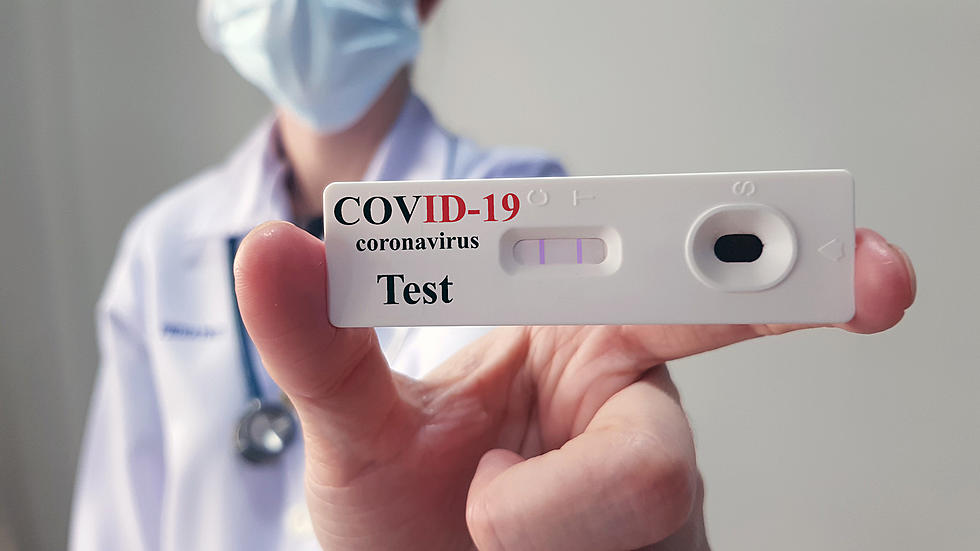
Thirteen Additional Mosquito Pools Test Positive for Eastern Equine Encephalitis
The Maine Center for Disease Control and Prevention and the Maine Department of Agriculture Conservation and Forestry has announced that an additional 13 mosquito pools in Southern Maine have tested positive for the presence of Eastern Equine Encephalitis (EEE), many of these from locations with previous positives documenting continued risk of infection. Mosquitoes tested positive in the York County towns of Alfred, Kittery and York.
This brings the total of mosquito pools that have tested positive for EEE to 21 in 2013. In addition, Maine CDC has reported the death of a pheasant in York County. Last week, two horses died from EEE, one in Oxford County and one in York County.
Additionally, one mosquito pool tested positive for West Nile virus (WNV), the first WNV positive this year. This pool was collected from Alfred in York County. "The fact that we now have pools testing positive for EEE and WNV only increases the need for prevention" says Dr. Stephen Sears, state epidemiologist. Maine had its first confirmed human case of WNV last year.
Maine CDC recommends the following preventative measures to protect against EEE, WNV and other mosquito-borne illnesses:
- Use an Environmental Protection Agency-approved repellent when outdoors, especially around dawn and dusk. Always follow the instructions on the product's label;
- Wear protective clothing when outdoors, including long-sleeved shirts, pants and socks;
- Keep window and door screens down to keep mosquitoes out of the home;
- Limit time outdoors at dawn and dusk when many species of mosquitoes are most active;
- Remove containers holding water in and around the home, as water can attract mosquitoes.
EEE is a virus that is transmitted through the bite of an infected mosquito. It can cause serious illness in humans, large animals like horses and some species of birds. Maine confirmed EEE in a flock of pheasants during 2012 and experienced unprecedented EEE activity during 2009 with multiple animals and mosquito pools testing positive for the virus.
"Mainers need to be aware of the risk of mosquitoes" say Dr. Sheila Pinette, director of Maine CDC. "EEE and WNV are very serious diseases, but they can be prevented by avoiding mosquito bites."
Assistant State Veterinarian Beth McEvoy noted that improperly vaccinated or unvaccinated horses are at risk of contracting EEE when bitten by an infected mosquito. Because the vaccination takes time to provide protection, the use of repellants, protective sheets and blankets is recommended along with vaccination



